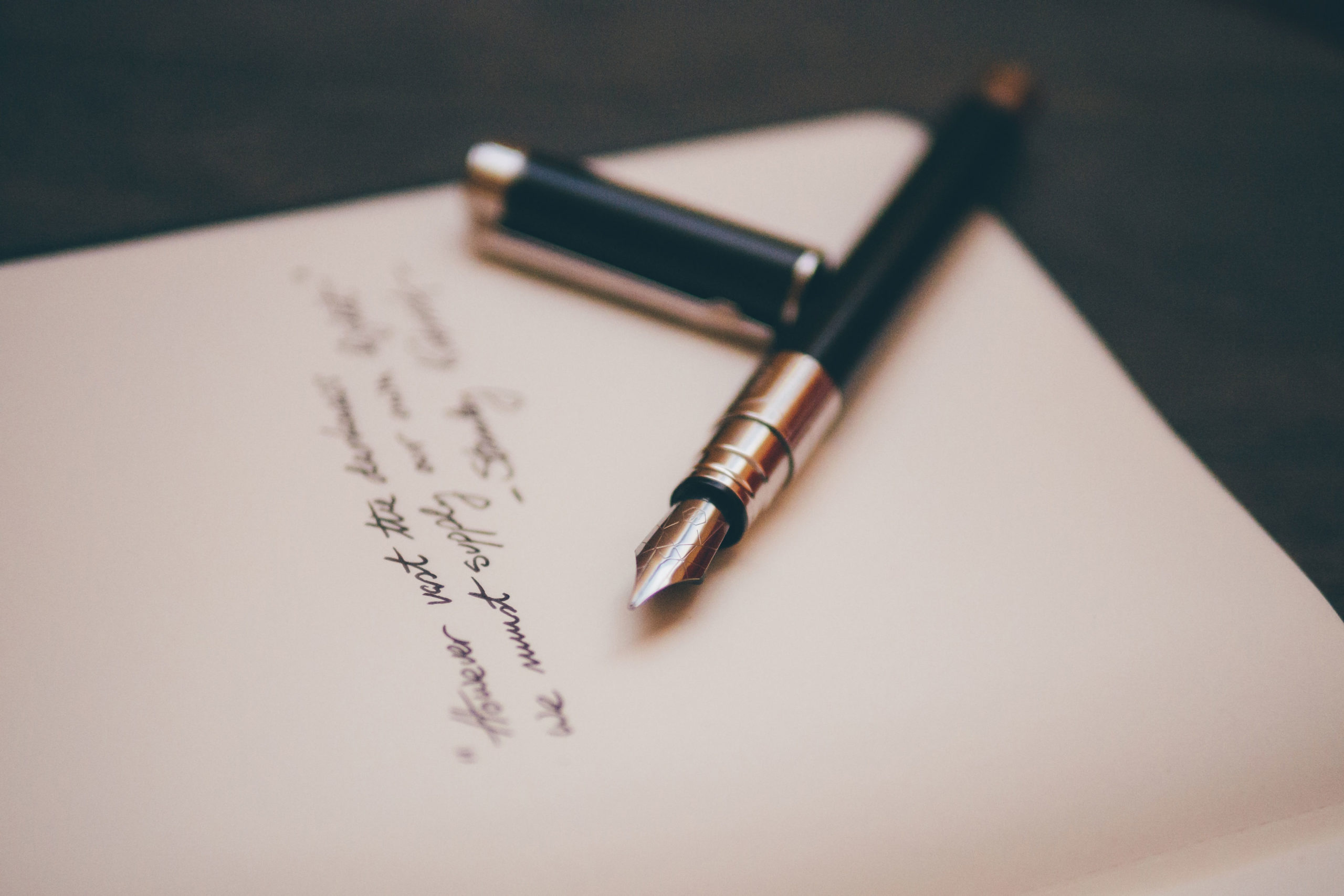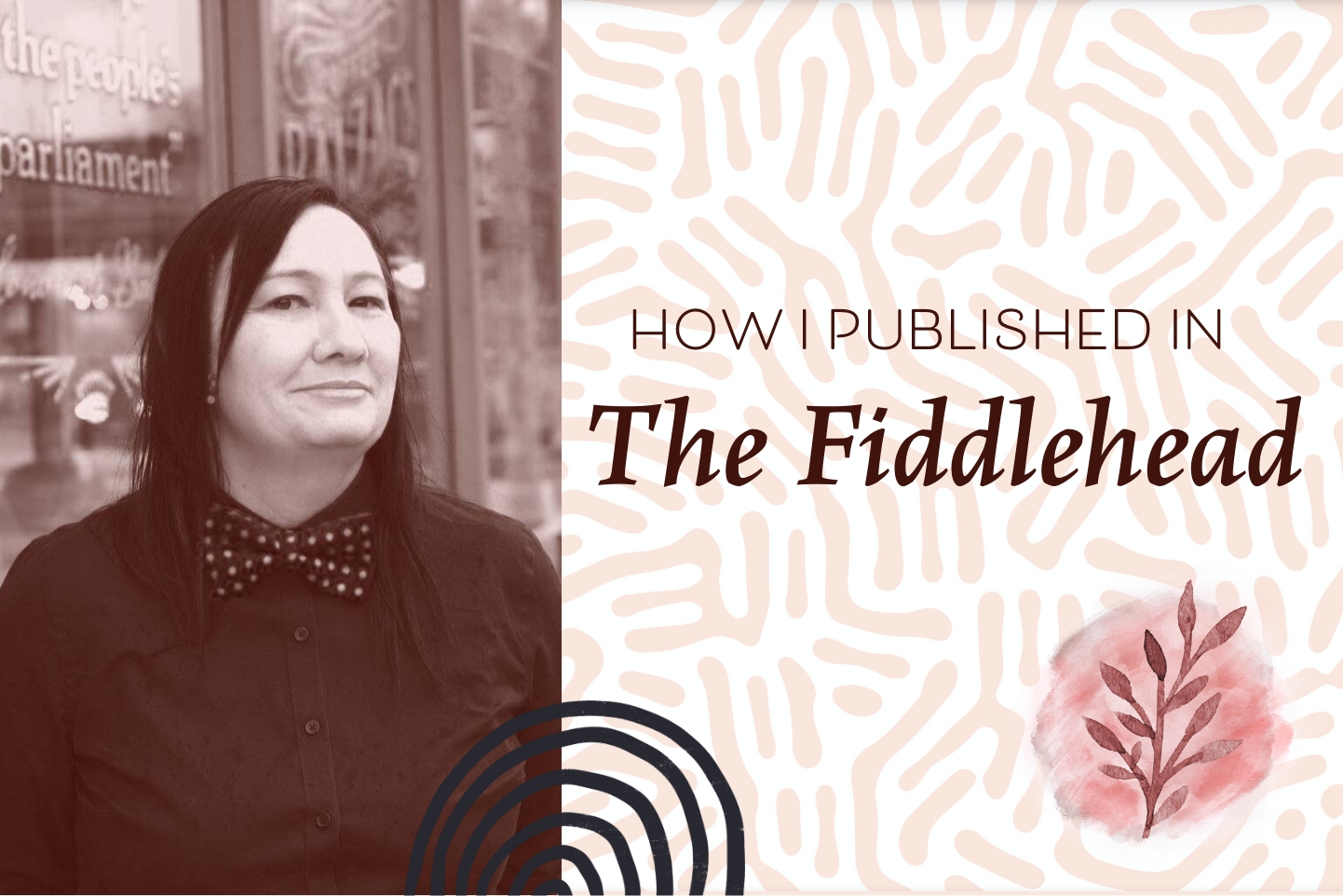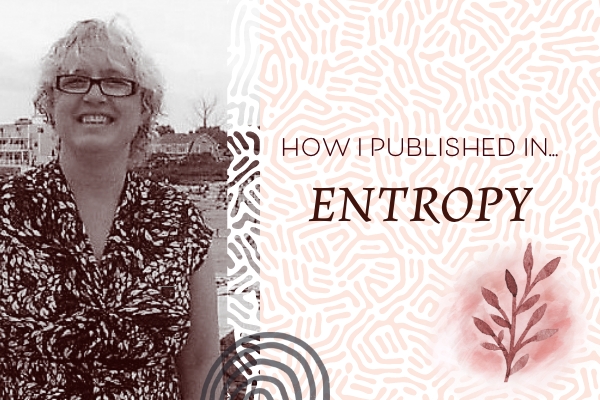Does Writing Need to be Hard?
“To love a person is to learn the song that is in their heart and to sing it to them when they have forgotten.”
Arne Garborg
As writers, I think we all have times when our call to be a writer, that song in our hearts, gets drummed out. We forget why we’re pursuing our craft and calling. We get into a funk with writing. Often this funk finds us because we’re writing what we are meant to write, which means (cringe) we will be seen and deeply known.
There’s friction between what our heart truly desires—to deeply connect—and our evolutionary inheritance that shouts, “Run! Hide! We’re vulnerable!”
I, for one, have days when I despair about writing, especially if when I compose words they don’t come out complete, whole, and absolutely brilliant. I will doubt myself, get lost in the weeds of my writing.
And, in writing memoir, there’s also the deeper despair of not only questioning if I am a good enough writer but also if I am good enough person. Is my life interesting enough to write about?
Fortunately, I plan for these moments of forgetting the song in my heart. I build in support and reminders, because I know I’ll forget when I am in the thick of writing. I enlist readers I know will deeply relate to parts of my narrative, who remind me why what I’m writing is not just interesting, but important.
I prepare when I still hear my heart-soundtrack by writing a manifesto about why I write in the first place. And then I pin up the words to remind me. I will do this in my own time, in my own way, my past self reminds me. I will breathe and meditate when I feel like I can’t.
I remind myself that I am good enough to do this, because of how I am doing this: with my heart open.
Right now, if you need to hear it, here’s a reminder that you are good enough. If you’re struggling with your writing, let me sing the song in your heart to you.
The song goes, you are a writer, you love to write, and writing connects you and enriches your life in ways that not writing never will.
You might be in a major life transition when it’s easy to let a writing habit slip away. When I’m sick, travelling, or in any kind of upheaval, it’s not hard to lose my footing, find myself out of step with the rhythm of a writing routine.
I would not claim to have mastered writing during an upheaval, and certainly not during the recent upheavals we’re all facing, but I have found ways around the physical and mental fatigue that life throws at me to sustain my writing practice during difficult transitions.
When I’m going through an intense period, like preparing to move to another country, or finding that my childcare for the week (or month or year!) isn’t in place anymore, I give myself dead-simple writing challenges.
During the lead up to my big move, I challenged myself to write anytime, anywhere, for five minutes a day. And I did these five minutes stints in a closet (hiding from my kids!), in a cafe pitstop on my route from one appointment to another. I fit mini writing sessions around dinner simmering on the stove, and around a waist-high pile of laundry lingering beside me.
A few times, it was 11:55 p.m., and I was on the brink of despairing, “Oh, woe, today is done and I didn’t do my five minutes.” Then my inner wisdom (that beautiful antidote to my inner critic) chimed in, “It ain’t over, yet!”
Committing to small writing goals on a given day brings me a sense of calm. I’m calm because I know I will write today. That calm also smooths the path for deeper observations and openness to creativity in my days. When I know I will write today, my mind is ready to receive any ideas and images.
Of course, with really big changes unfolding, I can never hold on too tightly to a practice. For example, for a few days after my big move overseas, I did what most sensitive people do when coming down from an utterly overwhelming transition with new stimuli: I slept, watched documentaries, cried in the bedsheets, ate chocolate. And while I spent the first month under COVID-19 lockdown writing daily morning pages, the fatigue of “homeschooling” for a month caught up to me and it didn’t continue into the second month.
I grieved these changes because that’s what we do with change, even good change. But eventually, I go back to my five-minute practice. Because, five minutes? That still felt small, attainable, and open to me. (I also go back because the best place I know to work out my feelings about big transitions is in my writing.)
Throughout any transition, I keep a line from my writing manifesto in mind: This is my journey and I will do it at the pace that works best for me.
I’m grateful to my past self for giving me this deeper knowing about my writing practice. I revisit this line on days when I want to hide in bed and feel down about my practice and output. This is my journey.
From this five-minute pace, I can rebuild the habit of regular writing, yet there are still ways I make writing hard that I need to negotiate around.
I don’t know about you, but somewhere along the way of becoming a writer, I absorbed that macho idea that you must suffer to be an artist.
Here are a few examples of how I can make writing hard if I’m not careful, and some solutions I’ve found to make these challenges easier:
Challenge
I wrack my brain for just the right metaphor, don’t find one that fits and get hung up on why I can’t find it, why these analogies seem to come easier to other writers, and in that same mental breath decide I mustn’t be a writer since I’m so prosaic in my thinking. (Yes, this is all one long sentence in my mind.)
Solution
I go for a walk and look around me for analogies, images, connections everywhere. I can allow my mind to wander. On days when the weather doesn’t cooperate, I can free-write a list instead. The trick to this list writing is to keep it playful and light, though. I avoid imposing a serious writing session on my list by writing in spirals and outside the lines. (Here’s a list of the word thick: jelly, club music, my notebook, his voice, my winter pyjamas.)
Challenge
I muddle over one idea or question with my writing for days. I’ll sit down, “try” to write, and feel this question standing in my way. Time passes; I’ve been in the chair, poised to write, but nothing has come of my practice.
Solution
I write down this idea or question in the morning and go about the rest of my day. So long as I make sure I have “thinking time” embedded in my day, the answer will come to me as I’m in the shower, on the bus, or any time I allow my mind to wander.
Challenge
I keep asking for outside advice about my writing, get one critique and change everything based upon the advice of someone who doesn’t know my work or understand my aim. Or, I can invite contrary critiques and get frozen about what to do next.
Solution
I sit with myself and what I know about my writing. I can develop a few trusted writing advisors and ask them specific questions about sections I’m wondering about and give them parameters for the kind of feedback I want to get. I can also wait until I’m ready for others to read my writing.
For me, I find it helps to think of my writing routine like the writing itself. It requires planning, practice, and editing. Revising my writing routine to include these solutions has made tectonic shifts in how I feel about my writing. I’m done with the idea that I need power-through or suffer to reap the rewards of writing.
Because powering through, being “busy” with the writing, but deeply unhappy with my process, doesn’t work for me. (And never did before.) I believe writing can be a joyful practice when we let it be one.
And I find the more time I take to reflect and be thoughtful in my writing practice, the more joyful that practice is for me. And that’s what it’s all about for me as a writer—feeling alive and amazed in the discoveries I make on the page.
What about you? Are there things you need to edit in your writing practice? If you’ve been finding writing hard, I wonder if one of the above solutions would work for your writing challenges today. If you’ve been in a big upheaval with your writing, I wonder what’s the smallest action you could commit to for your writing today.
This is your writing journey, so I hope you can find a way to practice it at the pace that works best for you. My hope is that you will build a practice that allows you to feel alive, amazed—and whatever else you’re writing to feel and experience—on this journey.
My hope is that you will remember the song in your heart and keep writing.





